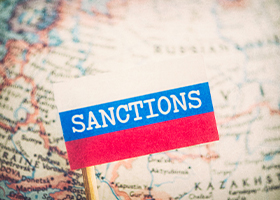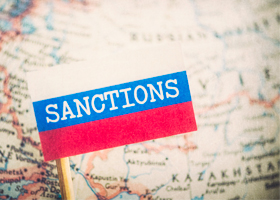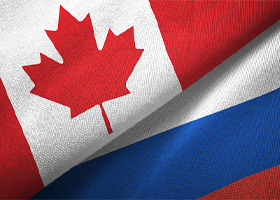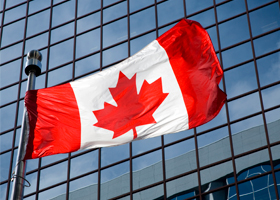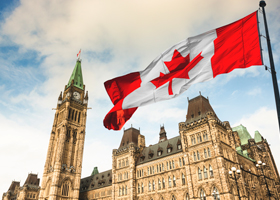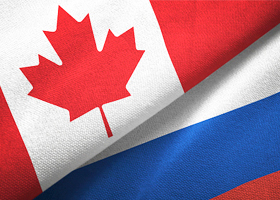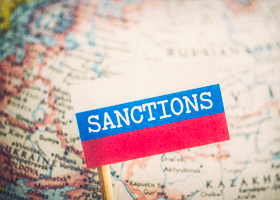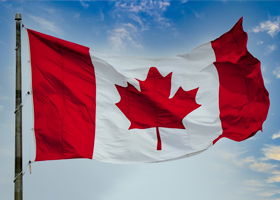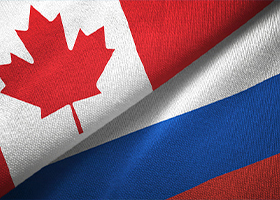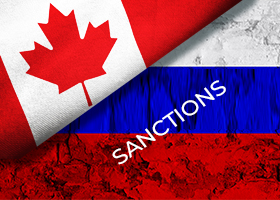WTO and Trade Remedy Matters
- United States — Countervailing Measures on Softwood Lumber from Canada, DS533. Successfully represented the Government of Canada before WTO dispute settlement panel in relation to the U.S. imposition of countervailing duties on softwood lumber from Canada
- United States — Countervailing Measures on Supercalendered Paper from Canada, DS505. Successfully represented the Government of Canada before WTO dispute settlement panel in relation to the U.S. imposition of countervailing duties on Supercalendered paper products from Canada. Subsequently represented the Government of Canada before the WTO Appellate Body on appeal by the United States of the panel’s decision
- Crystalline Silicon Photovoltaic Cells Safeguard Measure, USA-CAN-2021-31-01. Policy lead for the Government of Canada in its appeal of U.S. imposition of safeguard tariff on Canadian imports of solar products
- Fresh, Chilled, or Frozen Blueberries (Safeguard), Inv. No. 201-TA-077. As policy lead for the Government of Canada, coordinated Canada’s successful litigation effort in the United States International Trade Commission safeguard investigation on fresh and frozen blueberries
- Acted for the Canadian producers of solar modules in the successful anti-dumping and countervailing investigation and inquiry before the Canada Border Services Agency and the Canadian International Trade Tribunal
- Acted for the Canadian producers of silicon metal, steel plate, aluminium extrusions and unitized wall modules in various anti-dumping and countervailing complaints, investigations, inquiries and expiry reviews
Economic Sanctions Matters
- Advised a leading global mining company in assessing and revising business relationships and contracts with entities owned in part by sanctioned individuals;
- Advised a leading commodity trading company. Requested and successfully obtained sanctions permit authorization for the importation of Russian goods arising from Canada’s prohibition on the docking of certain vessels;
- Advised a company in the fertilizer industry and provided advice on complex business restructuring activities arising from relationships with sanctioned entities;
- Advised a leading Canadian manufacturer of medical equipment in respect of contractual obligations and seized bank payments;
- Advised a leading petroleum producer in respect of advice on Canadian prohibitions on the import of oil products;
- Advised a leading global automaker in respect of the application of Canadian sanctions to commercial and financial activities;
- Advised a hedge fund in respect of the designation of the Russian Central Bank as a Schedule 1 designated entity by Canada and in relation to trading in Russian sovereign debt in the secondary market.






 613.691.6150
613.691.6150





